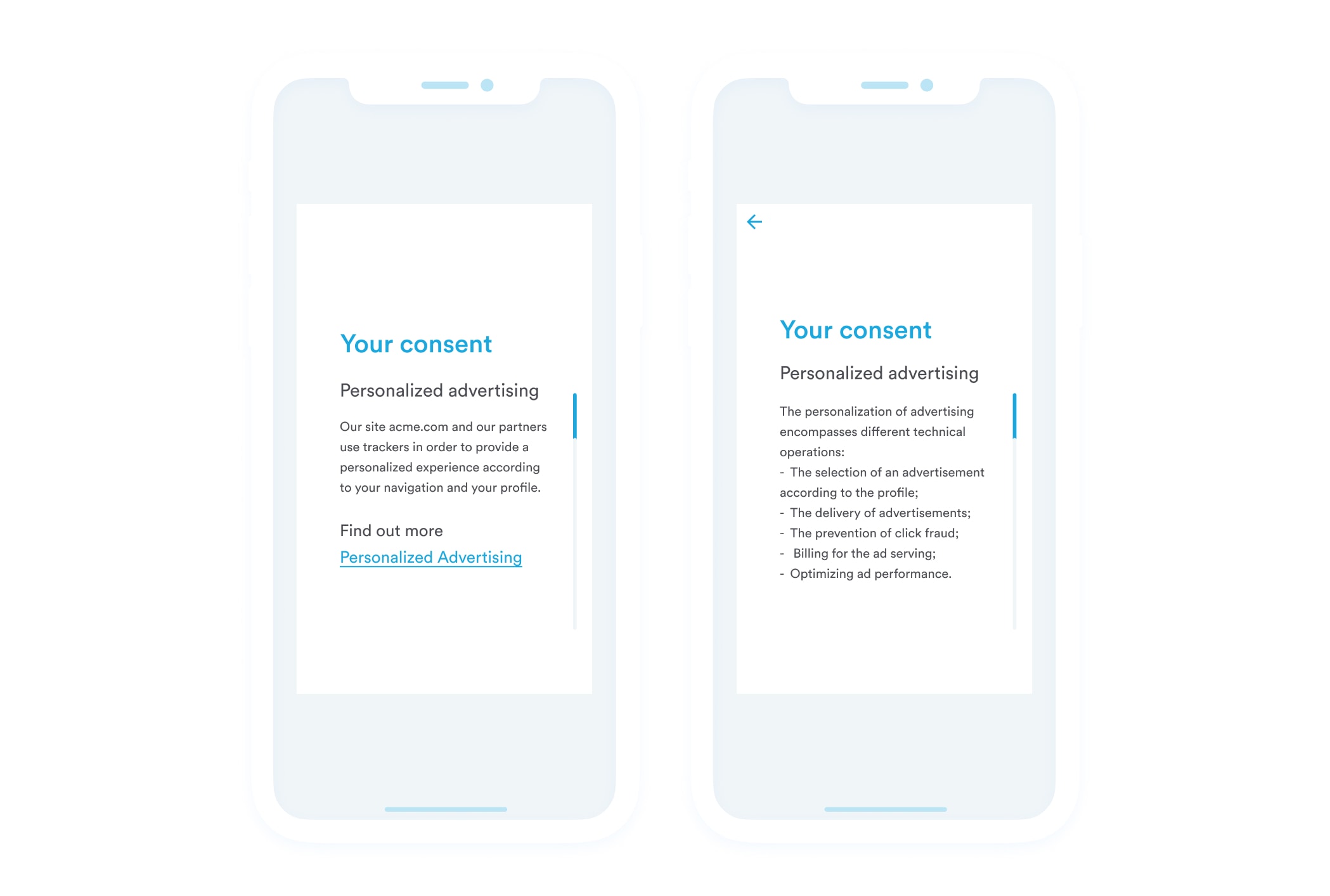Navigating The New CNIL AI Guidelines: A Practical Approach

Table of Contents
Key Principles of the CNIL AI Guidelines
The core principles underlying the CNIL AI Guidelines emphasize a human-centric approach to AI development and deployment. These principles aim to ensure fairness, transparency, and accountability in all AI systems. The guidelines are deeply rooted in the GDPR and aim to ensure the ethical and responsible use of AI.
- Emphasis on human oversight: AI systems should always be subject to human control and review, particularly in high-stakes decision-making processes. This means maintaining the ability to intervene and correct errors made by the AI.
- Fairness and non-discrimination: AI systems must be designed and implemented to avoid bias and discrimination. This requires careful consideration of the data used to train the AI and ongoing monitoring for potential biases in its output.
- Transparency and explainability: The CNIL strongly advocates for explainable AI (XAI), requiring businesses to provide users with clear information about how AI systems work and the factors influencing their decisions.
- Accountability and responsibility: Businesses are accountable for the actions of their AI systems. This includes establishing clear lines of responsibility and implementing mechanisms for redress if errors occur.
- Data minimization and purpose limitation: AI systems should only process the minimum amount of personal data necessary for their intended purpose. This aligns directly with GDPR principles.
- Requirements for explainable AI (XAI) and algorithmic impact assessments: These are critical components of responsible AI development, helping to identify and mitigate potential risks.
- Focus on user rights and data subject access: Users must retain their rights under the GDPR, including the right to access, rectify, and erase their data.
- The importance of robust security measures: Protecting AI systems and the data they process from unauthorized access and breaches is paramount.
Impact Assessments and Algorithmic Transparency
Conducting Algorithmic Impact Assessments (AIAs) is a crucial requirement under the CNIL AI Guidelines. AIAs help businesses identify and mitigate potential risks associated with their AI systems, ensuring compliance and promoting responsible AI development. Transparency is equally important; users need to understand how AI-driven decisions are made.
- Steps involved in conducting a thorough AIA: This includes defining the system's purpose, identifying potential risks, assessing the impact on individuals' rights, and defining mitigation measures.
- Documentation requirements for compliance: Meticulous documentation of the entire AIA process is necessary to demonstrate compliance with the guidelines.
- Strategies for making AI decision-making processes more transparent: This might involve providing users with clear explanations of AI-driven decisions, or developing tools that allow users to understand the factors that influenced the outcome.
- Examples of best practices for transparency and accountability: These could include providing detailed documentation of the AI model's training data and algorithms, or creating mechanisms for users to contest AI-driven decisions.
Data Protection and Privacy in AI Systems
The CNIL AI Guidelines emphasize the importance of data protection and privacy in the context of AI. Compliance with the GDPR is central to this aspect.
- Data minimization and pseudonymization techniques: Using only necessary data and pseudonymizing data whenever possible are key strategies.
- Ensuring compliance with data subject rights (access, rectification, erasure): Businesses must provide users with easy and effective mechanisms to exercise their data rights.
- Addressing data breaches and security vulnerabilities related to AI: Robust security measures are essential to protect AI systems and the data they process.
- The use of privacy-enhancing technologies (PETs): Technologies such as differential privacy and federated learning can help to enhance privacy in AI systems.
Practical Steps for Compliance with CNIL AI Guidelines
Achieving compliance with the CNIL AI Guidelines requires a proactive and structured approach. Businesses should consider these practical steps:
- Developing an internal AI ethics policy: A clearly defined policy will guide the development and deployment of ethical and responsible AI systems.
- Implementing data governance frameworks: Robust data governance frameworks are essential for managing and protecting data used by AI systems.
- Training employees on AI ethics and compliance: Ensuring that employees understand the CNIL AI Guidelines and their implications is crucial.
- Regular audits and assessments of AI systems: Regular audits will help identify and address potential compliance issues.
- Seeking expert advice on CNIL compliance: Consulting with experts can provide valuable guidance on navigating the complexities of the regulations.
Conclusion
This article provided a practical overview of the new CNIL AI Guidelines, highlighting key principles, compliance requirements, and practical steps for businesses. Understanding and implementing these guidelines is crucial for ensuring legal compliance and building trust with users. Failing to address the CNIL AI Guidelines could lead to significant legal and reputational risks. Successfully navigating the complexities of the CNIL AI Guidelines requires proactive planning and a commitment to ethical AI development. Start your compliance journey today by conducting a thorough review of your AI systems and implementing the best practices outlined in this article. Don't hesitate to seek expert advice to ensure your organization is fully compliant with the latest CNIL AI regulations.

Featured Posts
-
 Is Gillian Anderson Returning To The X Files For A Reboot
Apr 30, 2025
Is Gillian Anderson Returning To The X Files For A Reboot
Apr 30, 2025 -
 Processo Becciu Aggiornamenti Sull Appello Del 22 Settembre
Apr 30, 2025
Processo Becciu Aggiornamenti Sull Appello Del 22 Settembre
Apr 30, 2025 -
 Capital Breakfast Remember Monday Reveals Eurovision 2025 Song
Apr 30, 2025
Capital Breakfast Remember Monday Reveals Eurovision 2025 Song
Apr 30, 2025 -
 Gas Explosion In Yate Bristol Three People Injured
Apr 30, 2025
Gas Explosion In Yate Bristol Three People Injured
Apr 30, 2025 -
 Eskisehir Deki Tip Oegrencileri Icin Stres Coezuemue Boksun Faydalari
Apr 30, 2025
Eskisehir Deki Tip Oegrencileri Icin Stres Coezuemue Boksun Faydalari
Apr 30, 2025
